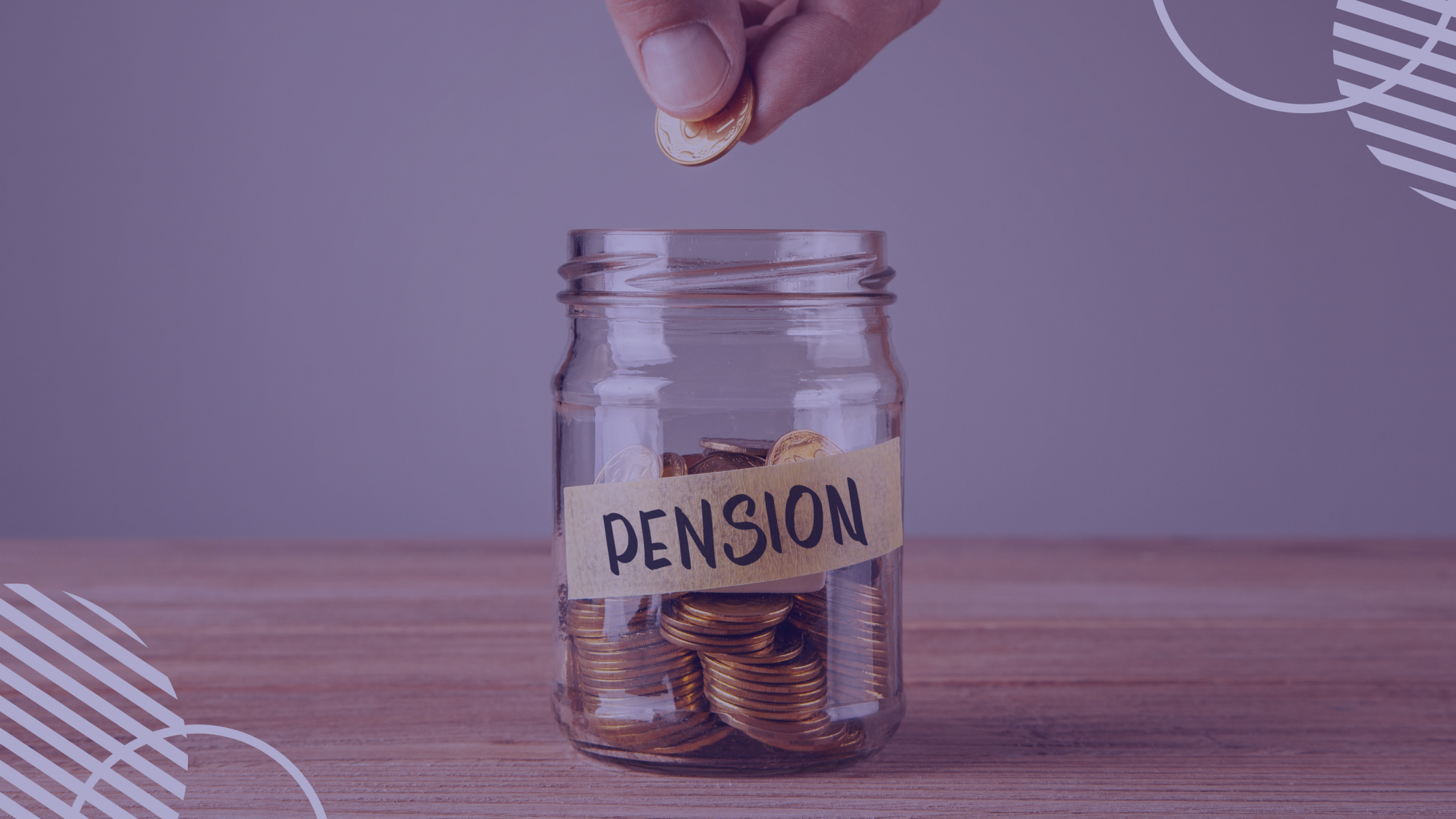There is a wonderful YouTuber called Dr Michael ‘Mike’ Israetel. He is a Doctor of Sports Science, amateur bodybuilder and ju-jitsu practitioner. He’s best known for talking trash about celebrity workout regimes but, when he’s not hiding from an angry Hugh Jackman, he also provides a wealth of free health information to his viewers about exercise, nutrition, and sleep. I caught on to his content a couple of years ago and there are three key messages I think everyone should be aware of who is interested in physical wellbeing:
We (in ‘The West’) live in an extremely high-calorie and convenience environment.
This high-calorie environment problem is compounded by our psychological biases.
The reason that we often fail to live healthy physical lives is a lack of consistency and effort.
Dr Mike points out that we live in an extraordinary era of abundant, high-calorie cheap foods. It is very easy to eat more calories than we need in a day due to this.
We also don’t need to make much effort to get food. We now live in a world of convenience where we can have the food delivered to us plus, we don’t need to prepare and cook it. Alternatively, even if we go to the shops, way too many people travel there by car thus removing any hope of exercise from making the journey there and back.
Added to this is that our psychology is one that is prone to ‘encourage’ us to eat everything we can, especially tasty things, because our ancient system thinks that food is still scarce and doesn’t know when the next meal might appear. So, we have all the psychological habits of hunter-gatherers in the age of ultra convenience. No longer spending most of our days out wandering looking for food, but able to get a full days’ worth of calories from a single high-calorie meal like a pizza without getting up off our couches.
So, if you haven’t got great genetics or have yet to develop iron-cast willpower, then you are effectively in an environment full of temptation, and we are designed to give in to it. As Dr Mike says, there are no studies that show that people in their 50s have better willpower around nutrition than current generations. They just didn’t have high-calorie, ultra processed, cheap foods, and the convenience of being able to get hold of it with no effort.
There is a great segue here by Dr Mike into the use of the new obesity drugs and how we should embrace them, if they are needed, especially as their effectiveness is expected to continue to improve dramatically over time. Just as we don’t consider using a car or a bike cheating on walking, we shouldn’t see these new drugs as cheating on exercise and nutrition. We clearly haven’t worried about the move to high-process foods or the delivery services, we embraced that tech, but anything that mitigates the impact of these services is somehow seen as a societal problem??? Rubbish.
The new drugs should improve in safety and efficacy, so there should be no stigma applied to those people who want to use them to maintain a healthy weight in an era where food technology and a sedentary lifestyle is a major cause of our problems. This isn’t to limit the drawbacks of these drugs, either now or in the future, or to undermine the traditional approaches to weight loss that are most beneficial to us – exercise and nutrition. It is simply to highlight that physical wellbeing is not a zero-sum game and having a wide range of options to deal with these issues is a good place to be in.
However, if you are going to avoid the drug route (and watching what you eat and exercise are meant to be undertaken in combination with these new drugs) and try to lose or maintain your weight, you are going to need to do this the old-fashioned way – diet and exercise.
Dr Mike, being a former personal trainer and trainer of personal trainers, highlights that he often gets approached by people who can’t understand why their exercise and nutrition regime isn’t working. He asks three main questions: how often do you exercise, how much effort do you put in and what are you eating?
Most people benefit from going to the gym 3-4 times a week. 1 time a week is better than none. 2 times a week is better than 1. At 5 times or more a week, we see diminished returns. However, for those people who are going to the gym 3-4 times a week and not seeing many gains, it can often be because they are not pushing themselves hard enough. Going regularly is the first battle, but the next battle is pushing yourself every time you go to try to make progress. Consistency – going regularly – and effort – pushing yourself.
The second part is healthy eating. Dr Mike loves chicken and broccoli. He sets out the importance of having a healthy diet where you come in around 250 to 500 calories below what you need to maintain your current weight. This calorie deficit combined with regular exercise – such as averaging as few as 6,000 steps a day, can help you lose weight consistently over time. Again, consistency – regular meals of healthy food in the right portions – and effort – limiting your intake of unhealthy foods, keeping 250-500 calories below your maintenance level and regular exercise.
I found Dr Mike’s straightforward and practical guidance on how to improve my physical wellbeing of great assistance. Please be warned, he speaks to adults and can have a potty mouth. Each person will have their own route to the right path, but you can see some of Dr Mike’s videos linked below:
Dominate your New Year Fitness Goals – https://www.youtube.com/watch?v=ixu0PArNXWY
Get in the Best Shape of your Life – https://www.youtube.com/watch?v=aJFiGC13xIw
If you like this Blog, please check out EBC’s approach to employee wellbeing. We believe that employee wellbeing is ‘businesses supporting employees with their physical, mental and financial wellbeing’, as a starter for ten until like a Pokemon you are ready to evolve to the next stage!





